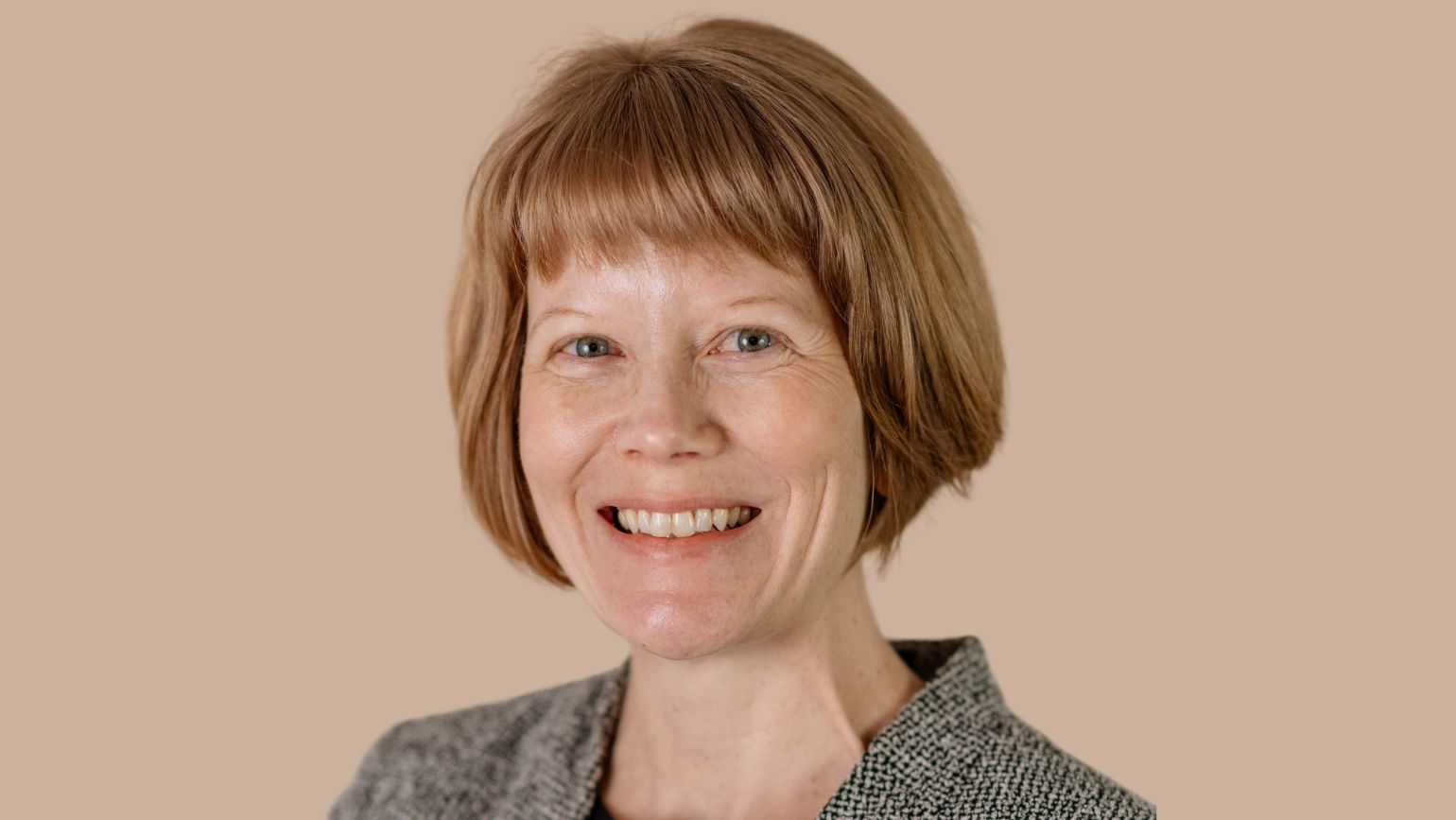Nina Kelly returns to Wayne State to study how civic journalism can inform local community engagement

Nina Kelly knew she wanted to go to graduate school for urban planning to make cities more inclusive. Where better than Wayne State University in Detroit, Michigan’s largest city?
“This was pre-bankruptcy and leading up to the recession, so it was a very interesting time to be in Detroit,” Kelly said. “I was so inspired by the many creative ways that Detroiters and advocates were working to improve their neighborhoods, from the burgeoning urban agriculture movement to the work happening in the Cultural Center, including the renovation of the Detroit Institute of Arts, to the projects implemented in preparation for Superbowl XL.”
The Master of Urban Planning program in the College of Liberal Arts and Sciences really opened her eyes to the diversity of career paths in the planning field.
Kelly earned her M.U.P. in 2008 and spent the next 15 years as a practicing urban/regional planner. She first accepted a position with the Northeast Georgia Regional Commission (NEGRC) where she worked with communities across 12 counties on economic development, housing, downtown planning, public transit, and pedestrian/cycling initiatives.
Eventually, she moved back to Michigan to be closer to family and accepted a position as chief of planning and development with the Huron-Clinton Metroparks before moving into the private sector as principal in the Detroit office of OHM Advisors, a community advancement firm.
It was while working from home during the COVID-19 pandemic in 2020 that she decided to go back to school for her Ph.D.
“I had just lost my mom to lung cancer at the young age of 59 and was reminded how short life is. I had always had the idea of a Ph.D. in the back of my mind, but my life circumstances had never made it possible to pursue it up until that point. Because of the support of my now-husband and family, I could finally make it happen.”
Intrigued by the dual-title communication and urban sustainability Ph.D. at WSU, Kelly decided to return to the university to build a bridge between her planning career and the communication discipline.
“It is a very unique combination that I haven’t seen elsewhere.”
Enabling an informed public
Her long-standing history of participation in behind-the-scenes meetings with policymakers fueled Kelly’s interest in how public meetings held by city councils and planning commissions are documented.
“I see it as so important for local democracy because these meetings are often the only places where community residents can count on having access to their elected officials.”
The percentage of the affected population that actually makes it to these meetings is small, Kelly said. Residents tend to prioritize meetings on hot-button issues. Not everyone knows when and where public meetings are being held. Not everyone has the resources, such as reliable transportation or childcare, to attend.
“For those of us who care about enabling an informed and efficacious public, the way that we record what happens at these meetings is crucial. With the loss of many local government reporters in legacy news organizations across the country, public meetings are often only documented through official meeting minutes, which do not contain much information at all, and often no detail on public participation.”
The Documenters Network, a civic journalism lab, is one group with chapters across the U.S. looking to change that by keeping public meeting dates, times, locations, and official records all in one searchable location. And they do it by training and paying community residents to attend and document public meetings, Kelly said.
The nonprofit launched its newest chapter in Grand Rapids in August 2023. Kelly has chosen to focus her dissertation research there, where she said there are far fewer players in the media landscape than there are in Detroit.
“It’s a unique opportunity to witness the beginnings of this kind of civic journalism initiative in action.”
In addition to her studies, Kelly is the current president of the WSU Communication Graduate Student Association (CGSA) and works as a graduate student assistant. She expects to graduate with her Ph.D. in 2025 and aspires to secure a faculty position at a research university to inform the next generation of communication professionals, planners and advocates.
As a first-generation college graduate with multiple degrees earned, she said: “It seems fitting to me that my goal remains to stay in college as a professor and to make a career out of teaching and learning through research.”
By Kristy Case